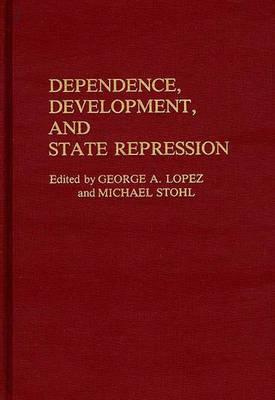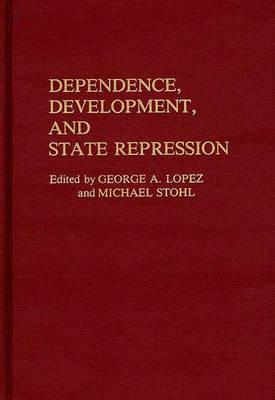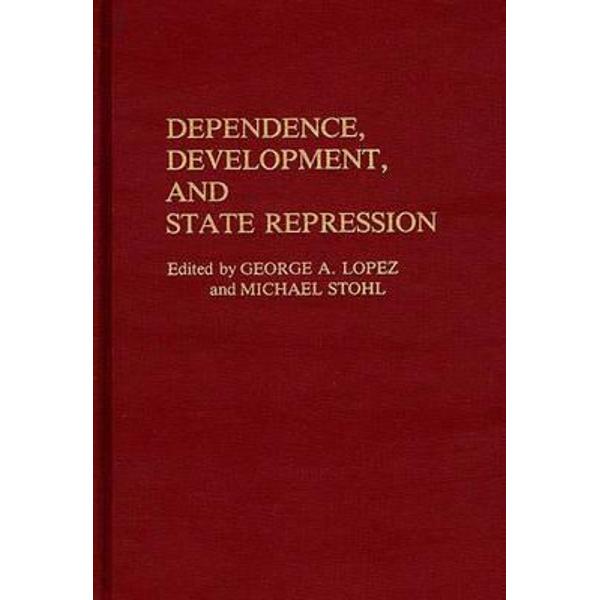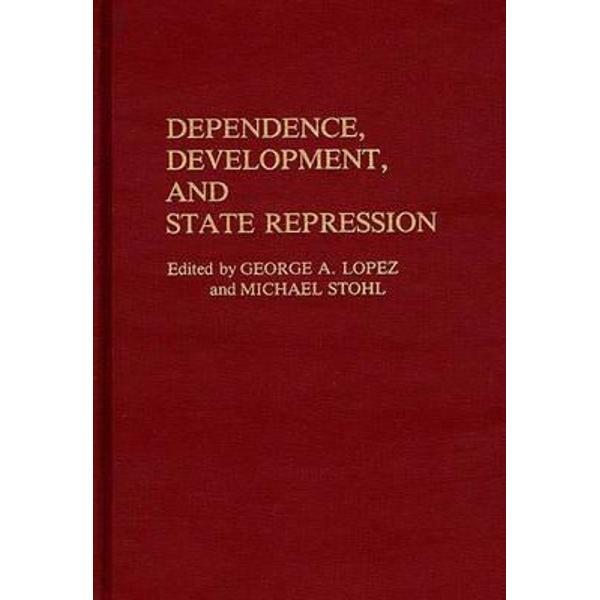Dependence, Development, and State Repression
Dependence, Development, and State Repression
While deomonstrating that repression is interwoven with local culture and the perceived options of local elites, this book provides clear evidence of the links between repression and the larger economic and political factors that bind states together in international affairs. Written by a distinguished group of specialists in contemporary political economy, it offers new insights and information of interest to scholars, students, and agency officials. It also provides an agenda for further research in this controversial and vitally important area.
PRP: 503.20 Lei
Acesta este Pretul Recomandat de Producator. Pretul de vanzare al produsului este afisat mai jos.
452.88Lei
452.88Lei
503.20 LeiLivrare in 2-4 saptamani
Descrierea produsului
While deomonstrating that repression is interwoven with local culture and the perceived options of local elites, this book provides clear evidence of the links between repression and the larger economic and political factors that bind states together in international affairs. Written by a distinguished group of specialists in contemporary political economy, it offers new insights and information of interest to scholars, students, and agency officials. It also provides an agenda for further research in this controversial and vitally important area.
Detaliile produsului












